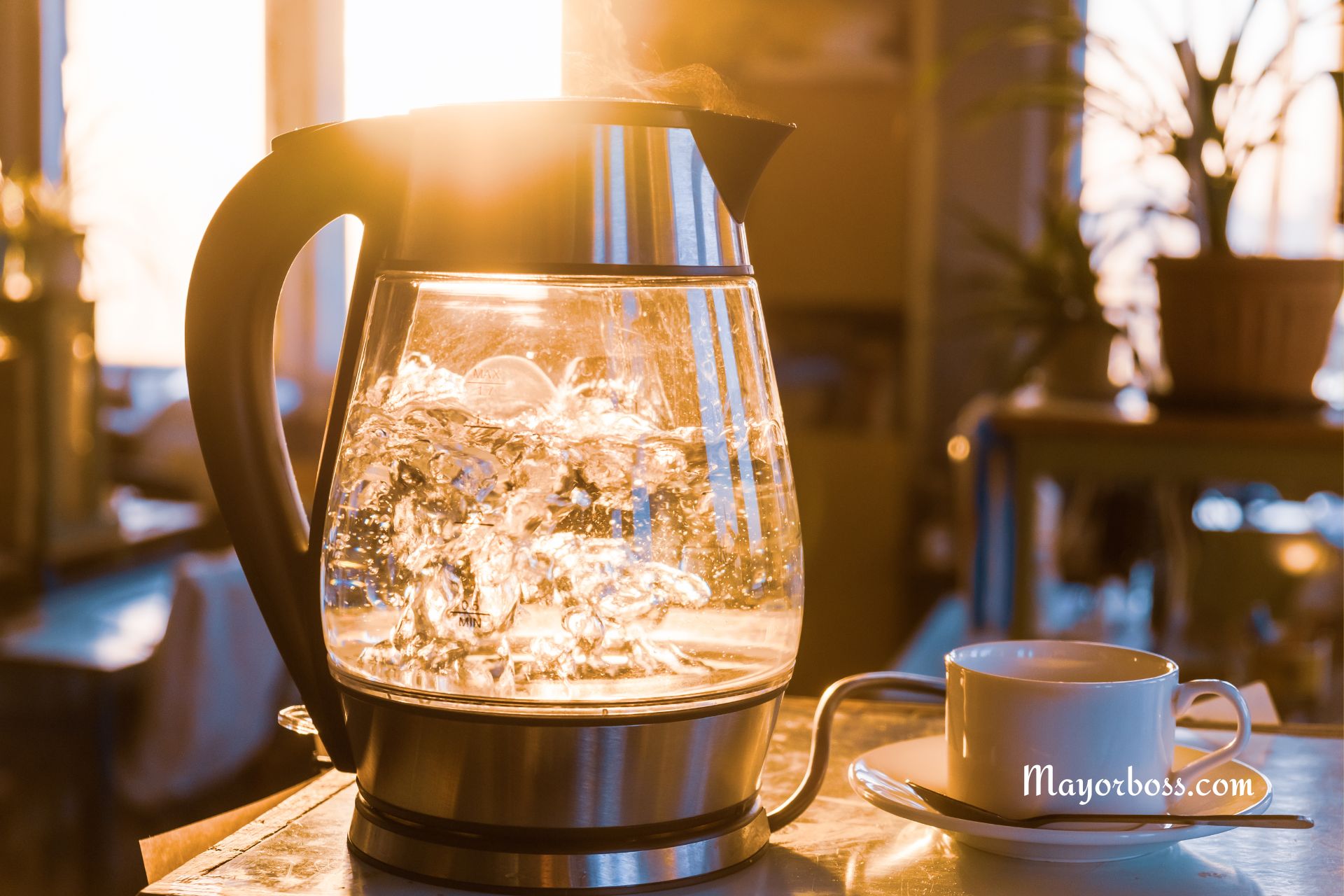Can You Boil the Same Water Twice? Unveiling the Truth
Have you ever pondered whether boiling the same water more than once is safe? Maybe you’ve heard rumors that reboiled water could harm your health. Well, you’re in luck because we’re here to shed some light on this topic. Boiling water is a daily task for many of us, whether for making tea, coffee, or cooking. But the question remains: is it safe to boil the same water twice? Let’s get to the bottom of this and understand what happens when water is boiled, not just once, but multiple times.

Understanding the Boiling Process
Firstly, it’s essential to grasp what boiling does to water. When water boils, its temperature reaches a point where it starts to vaporize, turning into steam. This process helps eliminate many types of bacteria, viruses, and impurities that can be harmful to your health. So, boiling water is a common method to make it safe for consumption, especially in areas where water purity is a concern.
The Debate Around Reboiling Water
The controversy around reboiling water stems from the belief that repeated boiling causes water to become concentrated with harmful substances. The theory suggests that as water evaporates during boiling, minerals, and other substances remain, becoming more concentrated if the water is boiled again.
The Truth About Chemical Concentration
Indeed, boiling water reduces its volume as some of it turns into steam, leaving behind minerals and other dissolved substances in a slightly more concentrated form. However, the concentration increase is minimal, especially if you’re boiling water for a short period and not letting it evaporate significantly.
Concerns Over Specific Contaminants
Some people worry about the concentration of certain harmful elements, like nitrates, arsenic, or lead, when water is reboiled. These substances can pose health risks in high concentrations. However, it’s crucial to note that the presence and concentration of these contaminants depend on the water source. If your water supply is safe and meets health standards, the slight increase in concentration from reboiling water is unlikely to pose a significant health risk.
Safety of Reboiling Water
For most people, using tap water that complies with safety regulations and boiling the same water more than once is generally safe. If you’re boiling water to make a cup of tea or coffee and decide to reboil the small amount left in the kettle, you’re unlikely to face any health issues. The key is to ensure that your water source is safe to begin with.
Precautions with High-risk Contaminants
If you’re concerned about the quality of your water or know it contains high levels of specific contaminants, it’s wise to avoid reboiling water. In such cases, using filtered or bottled water for drinking and cooking is a better option. Additionally, if your water comes from a source known to have issues with contaminants like lead or nitrates, consider getting it tested and treated if necessary.
Conclusion
In summary, boiling the same water twice is safe for most people, provided the water is from a safe source. The key concern should not be the act of reboiling but ensuring the quality of the water you’re using. Always prioritize using clean, safe water to protect your health. If in doubt about your water quality, take steps to filter or treat it, ensuring it’s safe for all your cooking and drinking needs.
Frequently Asked Questions
- Does boiling water remove all contaminants? Boiling water can kill bacteria, viruses, and parasites. However, it does not remove chemical contaminants like lead or pesticides. For these, you need a proper filtration system.
- How long should I boil water to make it safe to drink? Boiling water for 1 minute effectively kills most pathogens. If you’re at an altitude above 6,500 feet, boil it for 3 minutes due to the lower boiling point at higher elevations.
- Can reboil water taste different? Yes, reboiling water can change its taste, mainly due to the increased concentration of minerals. However, this change is usually slight and may not be noticeable to everyone.






